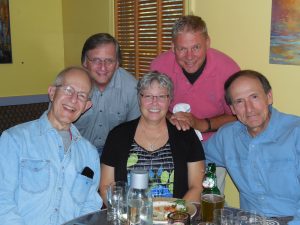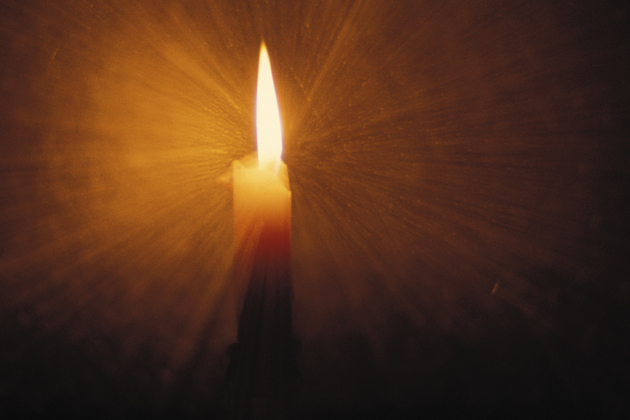Paul A. Kramer, distinguished emeritus faculty member in the School of Pharmacy, passed away due to natural causes at his home in Avon, Conn. on January 27. He was 76 years old.
Kramer earned his Bachelor’s degree (cum laude) from Rensselaer Polytechnic Institute in 1964 and his Master’s degree (1966) and PhD (1968) in Pharmaceutics from the University of Wisconsin. As a commissioned Army officer, he conducted biomedical research on malaria at the Walter Reed Institute of Research in Washington, D. C. from 1968 to 1971. He then taught pharmaceutical science at Purdue University from 1971 to 1975, and subsequently joined the faculty at UConn with joint appointments in the School of Pharmacy in Storrs and the School of Medicine in Farmington. His research was in the area of biopharmaceutics, pulmonary absorption of macromolecules, and pharmacokinetics, and dynamics of drugs used in dental therapeutics. He retired as a full professor in 2002 and was named a distinguished emeritus faculty award recipient in 2009.

Known for his exceptionally high standards, he was dedicated to all aspects of under graduate and graduate teaching and research, and was a valuable mentor of many doctoral candidates during the course of his distinguished career.
“Paul Kramer tackled hard problems in the fields of Pharmacokinetics and Pharmacodynamics,” said Dennis Chapron, Medication Safety Pharmacist at Saint Francis Hospital and Medical Center, and former School of Pharmacy faculty associate.
“His research covered the age spectrum from newborn infants to the very elderly. With initial funding from the School of Pharmacy and numerous grants from the National Institutes of Health, he created a Pharmacokinetics Laboratory at the UConn Health Center where he collaborated with numerous faculty including gerontologists, nephrologists, gastroenterologists, pediatricians, and dental researchers. These collaborations resulted in not only numerous scholarly publications, but embellished Paul’s undergraduate and graduate teaching programs with a stunning relevancy to the real world application of sophisticated therapeutics.
In retirement Paul turned his energies to the local history of Farmington and Avon, where he made many important discoveries and most recently collaborated with others historians on an exhibit at the New Britain Museum of American Art entitled “Art in Farmington Village.
In the aggregate of his life, Paul Kramer was truly that rare person who embraced both the sciences and humanities, with achievements and contributions to each.”
Kramer also did volunteer work with inner city youth, collected antiquarian books, and spent time traveling. He is survived by his daughter, Wendy Kramer and her wife Mari Collings of San Francisco, Calif., and his sister Judith Kramer and her husband Lloyd Comstock of Chapel Hill, NC, as well as numerous nieces, nephews, and cousins. And also, by his beloved Golden Retriever, Brady. He was predeceased by his wife, Bonnie Schneider, and his son, Ken.
A funeral service was held on January 29 with burial at Temple Sinai Memorial Park in Newington. Memorial donations may be made to A Place Called Hope – Bird of Prey Rehabilitation Center of Connecticut, 154 Pond Meadow Road, Killingworth, CT 06419



